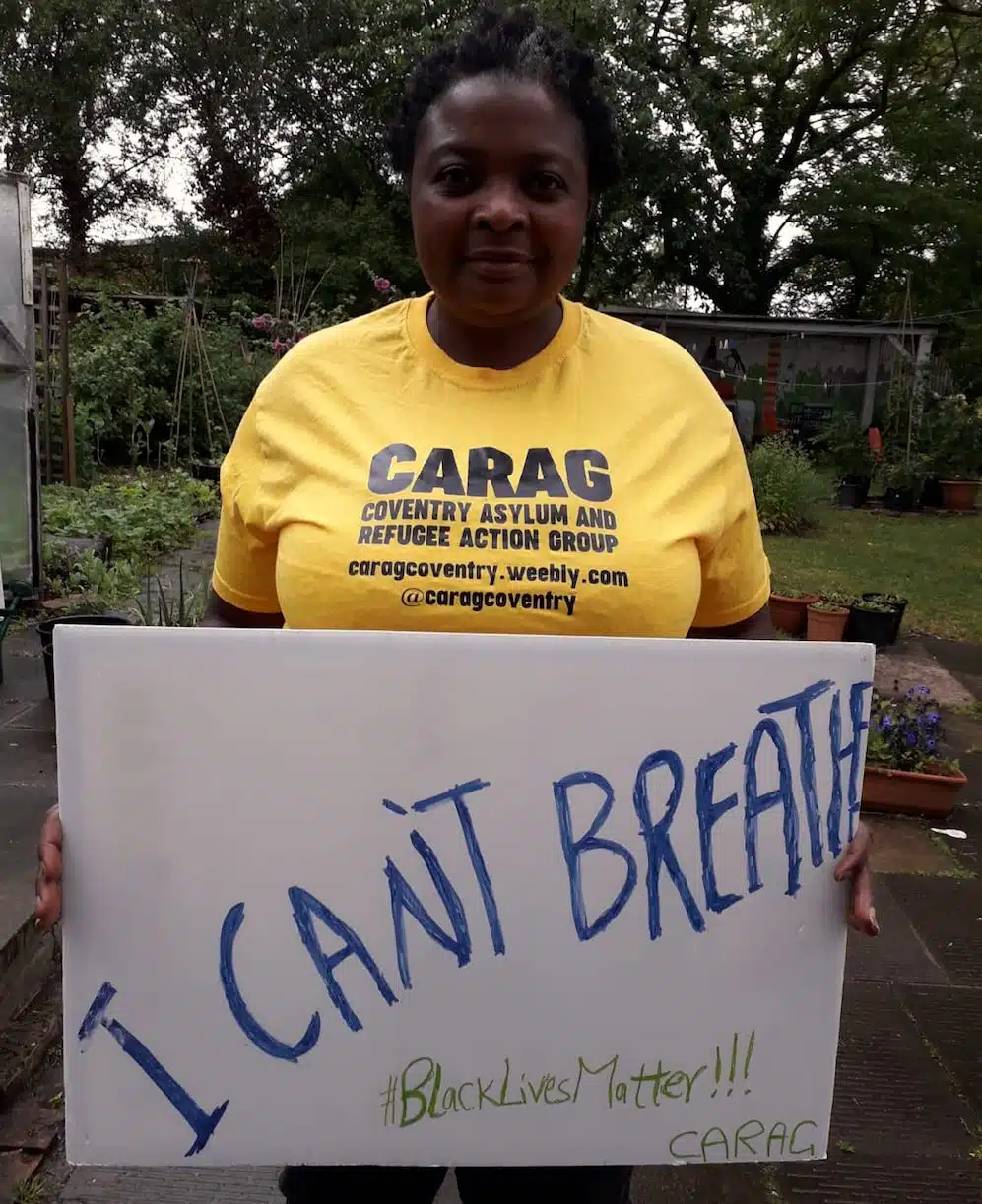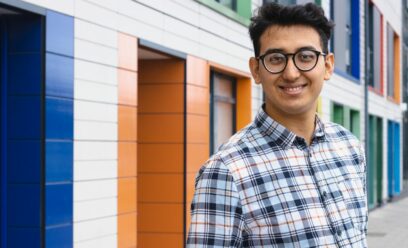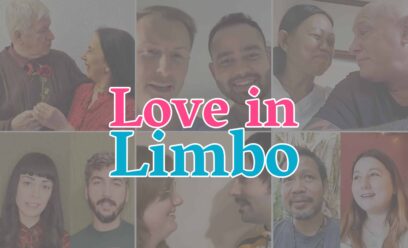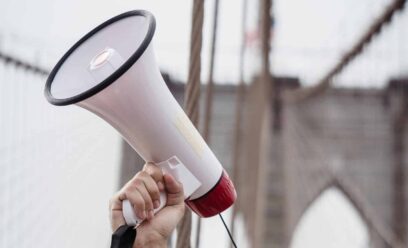International Women’s Day: ‘If we love one another, no one will be left behind’
Posted by IMIX on March 7, 2021Loraine Mponela is the Chairperson at CARAG (Coventry Asylum and Refugee Action Group) and on the board of Women For Refugee Women. CARAG is a grassroots organisation run by and for people seeking asylum, refugees and migrants living in Coventry. Lorraine will be appearing on a panel with the International Organization for Migration (IOM) to celebrate International Women’s Day discussing ‘The Resilience of Women During the Pandemic’ on March 16th. Here Lorraine shares her passion for tackling injustices and amplifying the voices of marginalised people.
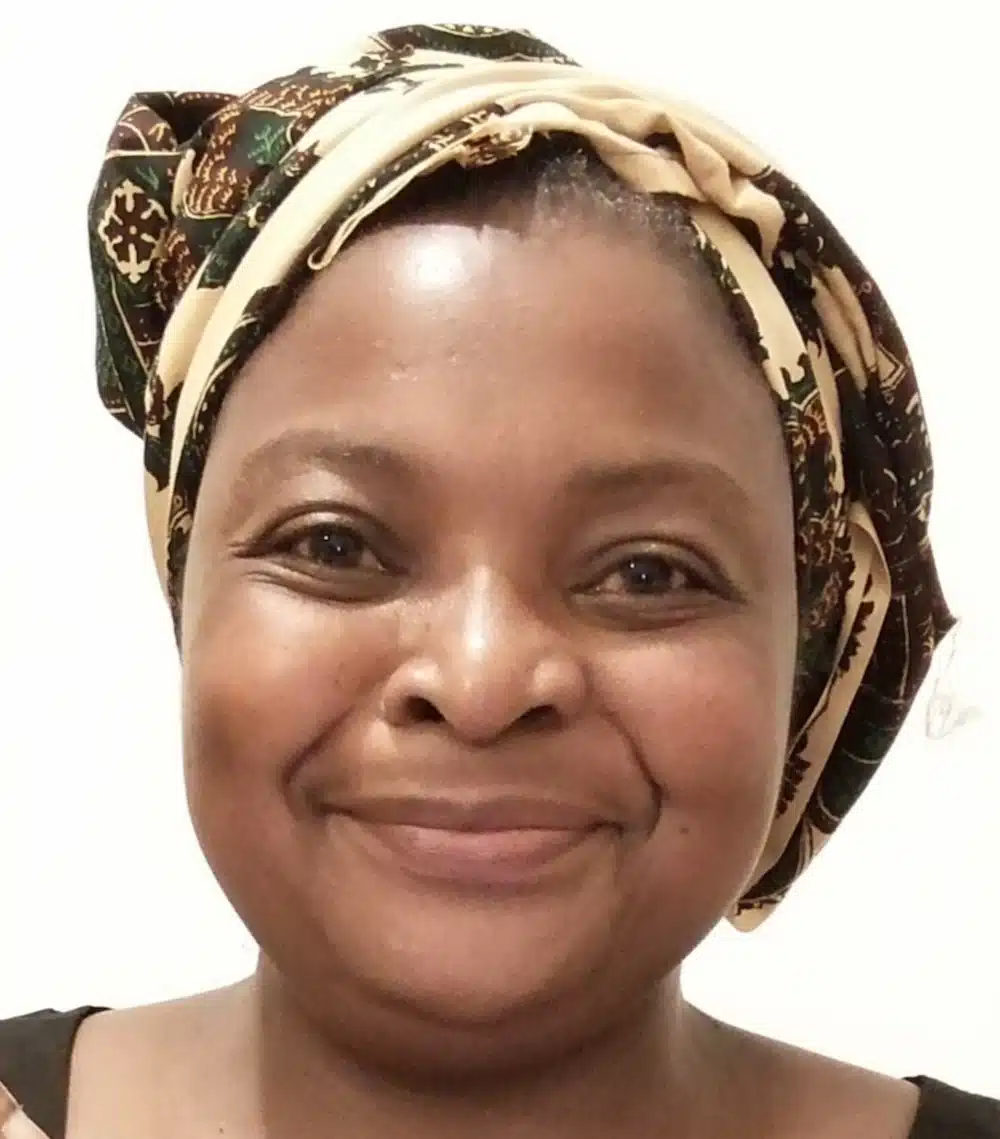
How has the pandemic affected women from migrant backgrounds?
Women who have no recourse to public funds because of the visa they have are really struggling. Some are forced into homelessness. Some have lost their jobs or haven’t been able to run their small businesses, like hairdressing from their homes because of social distancing. They can’t access any benefits or support. So many changes have been brought in over the last year, even if some of them could receive support, people don’t know about it. For example if a women is homeless but she has children she should be housed but not everyone is aware of this. Because of the pandemic women haven’t been able to go to the usual organisations they go to for support and so they are left even more vulnerable. Access to solicitors has almost stalled so people haven’t been able to progress their asylum cases which really affects their hope. Period poverty has also been a big thing for women who have no income.
People seeking asylum have had to travel to their Home Office reporting appointments on and off over the last year which has caused a lot of anxiety particularly as the BAME population is high risk for the virus. When I last went in person at the start of the pandemic, someone in the same centre had gone in to report before me who was suffering from coronavirus symptoms – but they obviously felt they had no choice but to attend.
The other main issue is that we used to meet physically and for some people this was their main way to network, socialise and offload. Now we meet online but not everyone can join. Our numbers have at least halved. Some people just do not have the technology.
How have you been responding through your own work?
Our resources are very limited so we have been reaching out to other organisations to see what support and donations they can offer us, as well as signposting people to different services. We have been cooking and donating food, making masks, supporting with phone credit and giving out sanitary pads to those who need them. One of the funders helped us set up a winter distribution fund which we were able to make urgent donations to people. Many women live in cramped houses with lots of other people, so they feel crushed and have no personal space. It has caused a lot of pain. I’ve seen a lot of people breaking down so we have been referring people to mental health charities.
In our online sessions we talk about immigration issues, what’s going on in the news, the latest information about corona, and recently the vaccine. Also we hear from everyone and find out how their week has been, what challenges they have faced, anything good that has happened that we can celebrate. Where there have been challenges, we try to see what we can do to support each other.
What do you think are the main things we need to do to create a better society for women from migrant backgrounds?
That’s hard! If we love one another, no one would be left behind. Reach out to a sister and find out how things are. You could be the one holding the idea that can end her suffering or you may know someone else who could help. Even a word of encouragement is important. If everything that we do comes from a point of love then we can change the world.
I have been asking myself if empathy really exists. The way people have been suffering in this country, if there was empathy, we should have been seeing some fairness, some kindness, things being better for everyone. Every human being is important. People should be treated with empathy regardless of their immigration status. I can’t believe that the government have a strategy where it uses destitution, detention, deportation and making people suffer until they die as a strategy to maintain a society. That’s just too extreme. I want them to end the hostile environment, and have empathy and compassion towards people. We need solidarity and action for any injustice for migrant women.
Have you seen anything positive come out of the last year?
I loved the Black Lives Matter movement. It was sparked by the awful and horrifying killing of George Floyd but the wave of protests around the world is helping to initiate conversations about racism that we face on a day-to-day basis. We are not there yet but the tables are shaking. People are starting to reflect and question things. It has given some of us courage to speak.
Inequalities have been laid bare that we otherwise all pretended never existed. The issues have been brought out into the open and we are starting to see a shift.
How will you be marking International Women’s Day?
I am reading my poem God I Love My Son at the Sisters Not Strangers Coalition International Women’s Day gathering. I have a couple number of events lined up to attend and participate to. We are also organising a celebration with our group and with SARAG, a sister organisation in Scotland. Women from migrant, refugee and asylum-seeking backgrounds will join to celebrate, share poetry and sing together.
Do you have any words of inspiration for women on International Women’s Day?
Women are often carers and nurturers, looking after everyone else in our households. We are wonderful people. We should be proud of our role in this world. But we also take in so much. Pause. We are special. Let’s look after each other!

